Canopy contacted nine of the most celebrated sommeliers from restaurants in “The World’s 50 Best” list to find out what producers should do to get their wines poured at the top tables…
Kristell Monot
Mugaritz, Errenteria, Spain
‘The first word that comes into my mind is prestige’
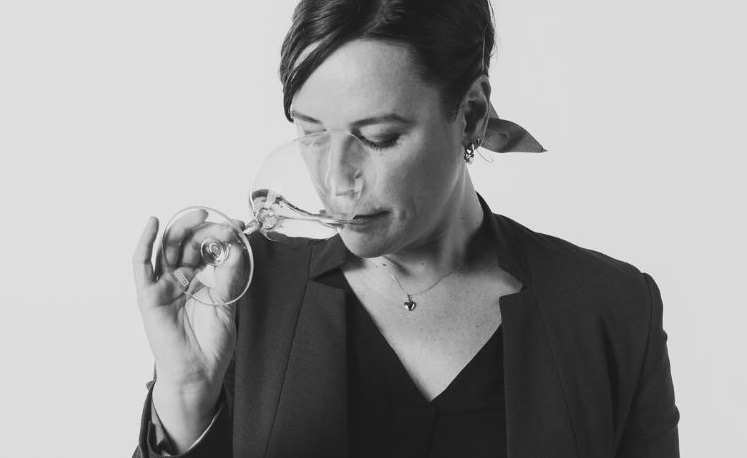
“There are several points that wine producers should have to be listed in high-end restaurants. The first word that comes into my mind is ‘prestige’, which could be quite obvious if we consider the restaurant is within the best in its country or even listed in world’s rankings.
“So, what does ‘prestige’ mean? Many factors could lead you to this top side of the pyramid: reputed iconic names among the best in each appellation, an appellation that is essential in a winelist (could be Bourgogne or Barolo, but could also be UK sparkling wines even though they are younger in the market), they can of course have high scores in international reviews but I am not really keen on that, even though we try not to miss any 100 points in our winelist. In general, we could also define prestigious wines as those that are considered objects of desire thanks to their scarcity (Romanée Conti?), iconic producers (Conterno, Selosse...?), historical vintage, etc. Anything linked to rarity, and in terms of wine, it’s a whole universe.
“Nowadays, uniqueness can be defined in many ways, as an example at Mugaritz we measure this parameter by doing collaborations with winemakers focusing on cuvées that are unrepeatable, experiments, new crazy blends, get the last drops of a historical vintage, etc.
“We also try to represent some of the most prestigious appellations of course, but sometimes we like to focus on lesser-known areas that deserve to be discovered by people, so I’d like to bring a certain nuance here since we are also keen on exploring new paths that are not necessarily the most common or the most obvious. As an example, we have been exploring a place in Navarre where a producer is trying to save old Grenache from abandonment. So, we feel also sensitive to this kind of revolutionary spirit.
“And yes, at the end, if every top restaurant followed the same rules to list their wines, we would eventually see similar names in most top restaurants’ winelists, and this is probably one of many reasons why we, at Mugaritz, decided to break the rules by seeking cuvées that sometimes don’t even exist. As you may know, creativity is in the heart of our process and that’s how we like building new ideas, even though we continue offering an iconic winelist to our guests as there are still a lot of people who are ‘label-drinkers’ and we like to be able to match most people’s tastes and expectations on wine.”
Matteo Bernardi
Le Calandre, Rubano, Italy
‘Wine is the mirror of those who make it’
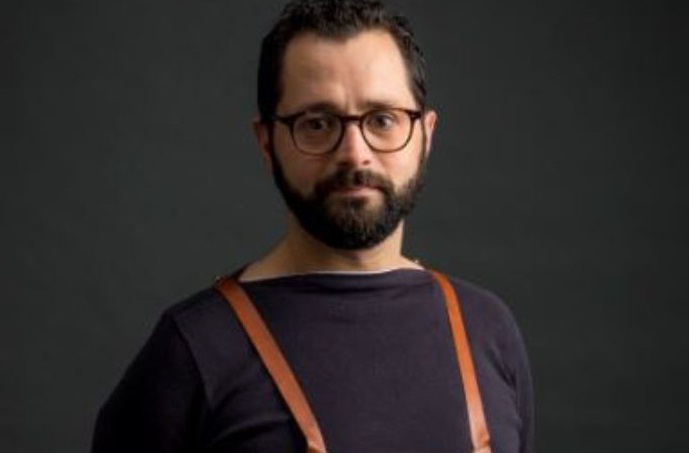
“I believe that in order to get one’s wines on the top winelists, you must first produce a real wine that gives the most genuine image possible of the territory, of the grape variety, of the vintage... and that doesn’t follow trends.
“The next step is to make yourself known by attending fairs, tastings and even by presenting yourself in person, because ‘wine is the mirror of those who make it’.”
Tam Chaisiri Tassanakajohn
Nusara, Bangkok, Thailand
‘Not all cuisine can go with your wine’

“For my opinion, present your strength: ensure your wine is of exceptional quality and consistently meets high standards. From my experience, high-end restaurants prioritise quality and reputation. Then, does the quality match the value? People can buy expensive wine anywhere or they have it at their wine cellar but for a good winelist you need to have great value with quality to present to your guests.
“Some producers that are new to the market should offer tastings or wine dinners for sommeliers and decision-makers at the restaurants. This gives them an opportunity to experience your wine firsthand and understand its potential on their menu.
“One more thing is understanding your target restaurants that align with your wine style, philosophy, and price point. Tailor your pitch to demonstrate how your wine complements their menu and enhances their offering. Because not all cuisine can go with your wine – you need to accept that and represent and understand this.”
Amanda Wassmer-Bulgin
Memories, Bad Ragaz, Switzerland
‘It is important to be flexible and willing to work with the restaurant on terms’
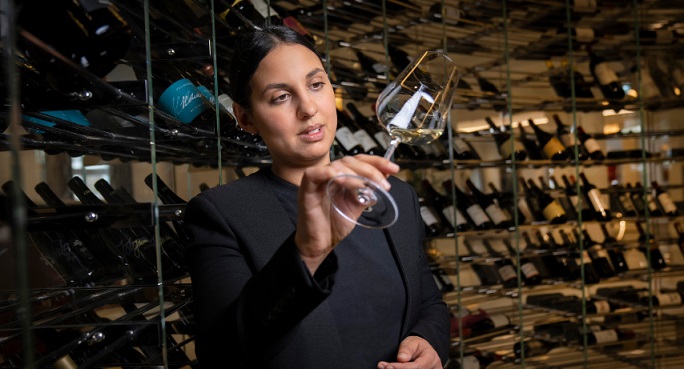
“A strong foundation in product quality is essential when aiming to have wines listed in high-end restaurants. These establishments are renowned for offering the finest wines that transport the drinker to the essence of the vineyard with each sip. Ensuring that your wine can deliver this unique and authentic experience is key to capturing the attention of these discerning venues.
“Once you have perfected your vineyard’s best offerings, the next step is to strategically approach potential restaurant partners. Identifying restaurants that align with your brand values and ethos is crucial. Connecting with distributors who share similar portfolios can also be advantageous, as there is strength in numbers when presenting a unified front. It’s important to avoid sending unsolicited samples, as this approach may have a negative impact. Instead, proactively reach out to schedule tastings and engage with restaurant buyers to showcase your wines at the right venues and events. Building visibility and exposure for your wines is paramount in gaining recognition and securing a coveted spot on the menus of high-end dining establishments.
“On a financial level, it is also important to be flexible and willing to work with the restaurant on terms. High-end restaurants often have specific requirements and expectations when it comes to the wines they serve, so being open to negotiation and finding a mutually beneficial agreement can help to solidify your placement in their establishment. Offering unique bottlings for wine pairings and by the glass can also be attractive strategies to use. This enables the restaurant to offer unique experiences (even if only for a limited period) and may help build a good relationship with the restaurant.”
Hironobu Hara
Florilège, Tokyo, Japan
‘It is very hard to sell wines from unknown producers’
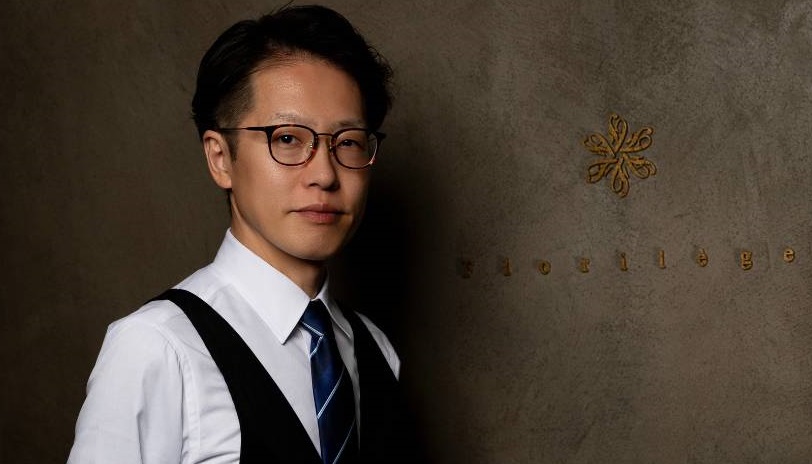
“In Japan, I believe that branded wines – so-called famous wines – tend to be preferred. For example, DRC or Leflaive.
“It is very hard to sell wines from unknown producers, so they are shunned.
“Then, I think the shortcut to getting such unknown producers’ wines on-list at high-end restaurants is to find an importer who has a friendly relationship with the restaurants.
“In Japan, wine is rarely purchased directly from the producer, but is connected in the order of producer→importer→restaurant.
“Therefore, the role of the importer is very important. A recommendation from a trusted importer can easily catch the attention of a restaurant’s sommeliers.”
André Bekker
Frantzén, Stockholm, Sweden
‘The importer is the link between the producer and our restaurant’
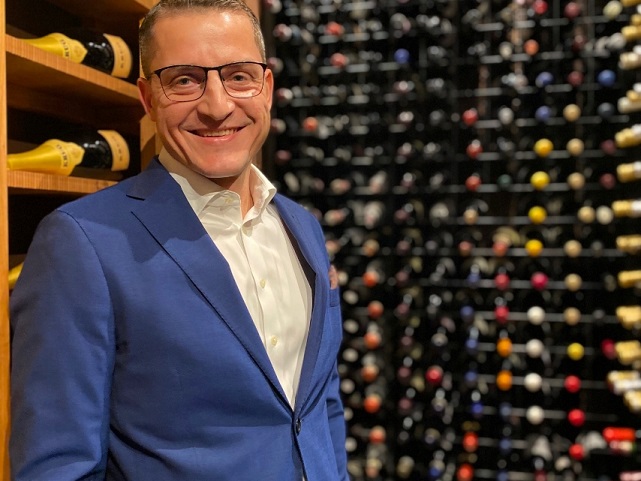
“A lot depends on their importer. The importer is the link between the producer and our restaurant. As a sommelier at one of the best restaurants in Scandinavia, I try to have a good relationship with our importers to ensure that we get good allocations of the producers that we would like to buy every year. Having a good relationship also means that the importer gets to know our restaurant and which wines might be suited for our wine pairings or winelist.
“They also inform us of new wines that might have joined their portfolio or of wine tastings that they might be having. When a wine producer is visiting the city then the importer usually sets up a meeting, tasting, lunch or a dinner which is a great way to get to know more about the producer.”
Gianni Sinesi
Reale, Castel di Sangro, Italy
‘Quality always pays off’

“Quality always pays off. I think producers should be aware of the quality of their wines and know how to communicate that through social media and the internet.”
Lorenzo Lentini
Ikoyi, London
‘A willingness to visit the restaurants is important’
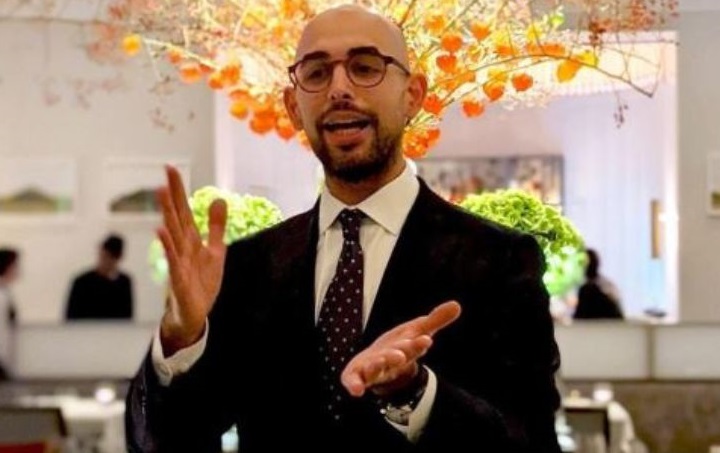
“I can speak mostly for medium-sized restaurants and most of my experience is connected to London, a city where space is a resource that rarely can be taken for granted.
“What London is facing is a huge volume of well-made wine, especially since there’s been a shift in winemaking for a lighter ‘ready to drink sooner’ style. What we have to do while selecting a wine is ask ourself the following questions: among those similar wines, which one tells a story? Who took the time and energy to promote their wines because they want to be listed in our restaurant? Who has an importer which is willing to spend their time to suggest and support a sommelier team?
“I’d say a very good importer who cares about the brand, a good website where information is easily accessible and a willingness to visit the restaurants are important. High-end restaurants are mostly about experiences and producers have to sell experiences too, which sometimes are simply ‘why did you decide to make wines?’”
Tom Ieven
Restaurant Colette – De Vijvers, Averbode, Belgium
‘Invite sommeliers to the estate’
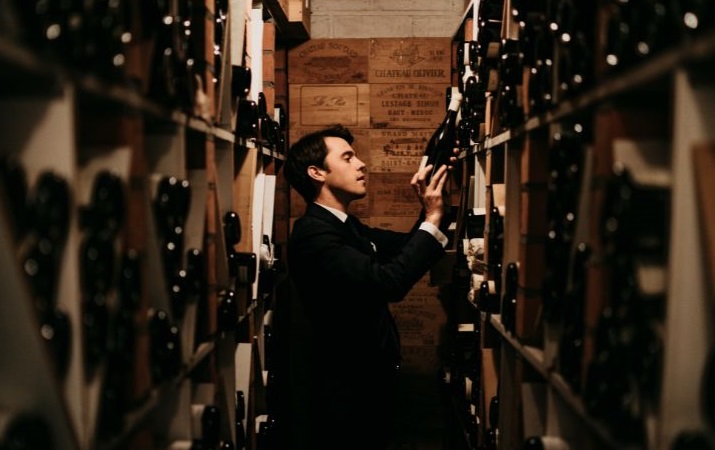
“Work with well-established and reliable importers with a broad network of high-end restaurants.
“Invite sommeliers to the estate – it is the best way to convey the story behind the wine.
“Don’t push, there are a lot of producers and importers doing this. It’s counterproductive.”
Agnese Morandi
Table by Bruno Verjus, Paris
‘Create connections’

“I think that for wine producers it’s really important to travel, participate in events, move a lot, go to restaurants and create connections and relationships every day to let their wine be discovered.”
These globally acclaimed sommeliers, from restaurants in “The World’s 50 Best” list, are part of the tasting panel for The World’s Best Sommeliers’ Selection, an exclusive tasting from William Reed, the name behind The World’s 50 Best Restaurants, World’s Best Vineyards and Canopy. Invitations to wine producers are now being sent out for the second annual tasting. To apply for an invitation, click here.

 English
English French
French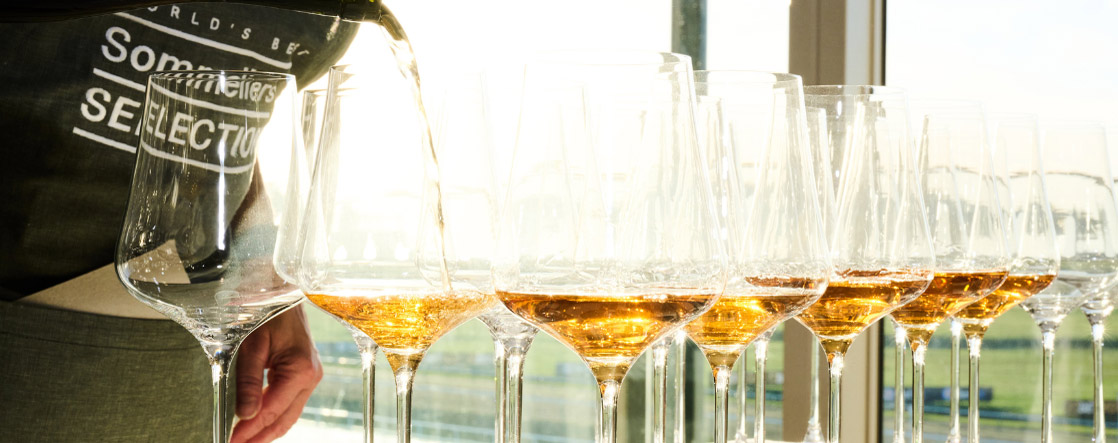







.png)


